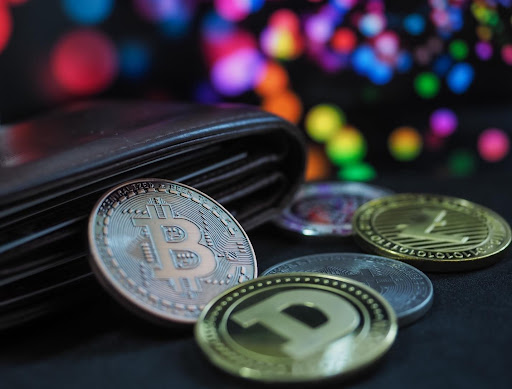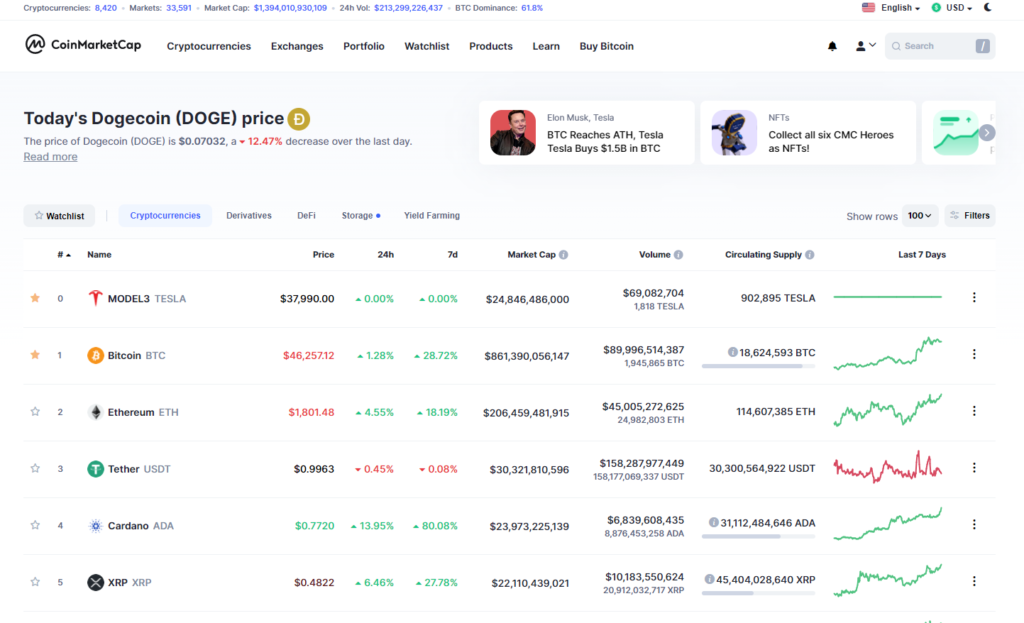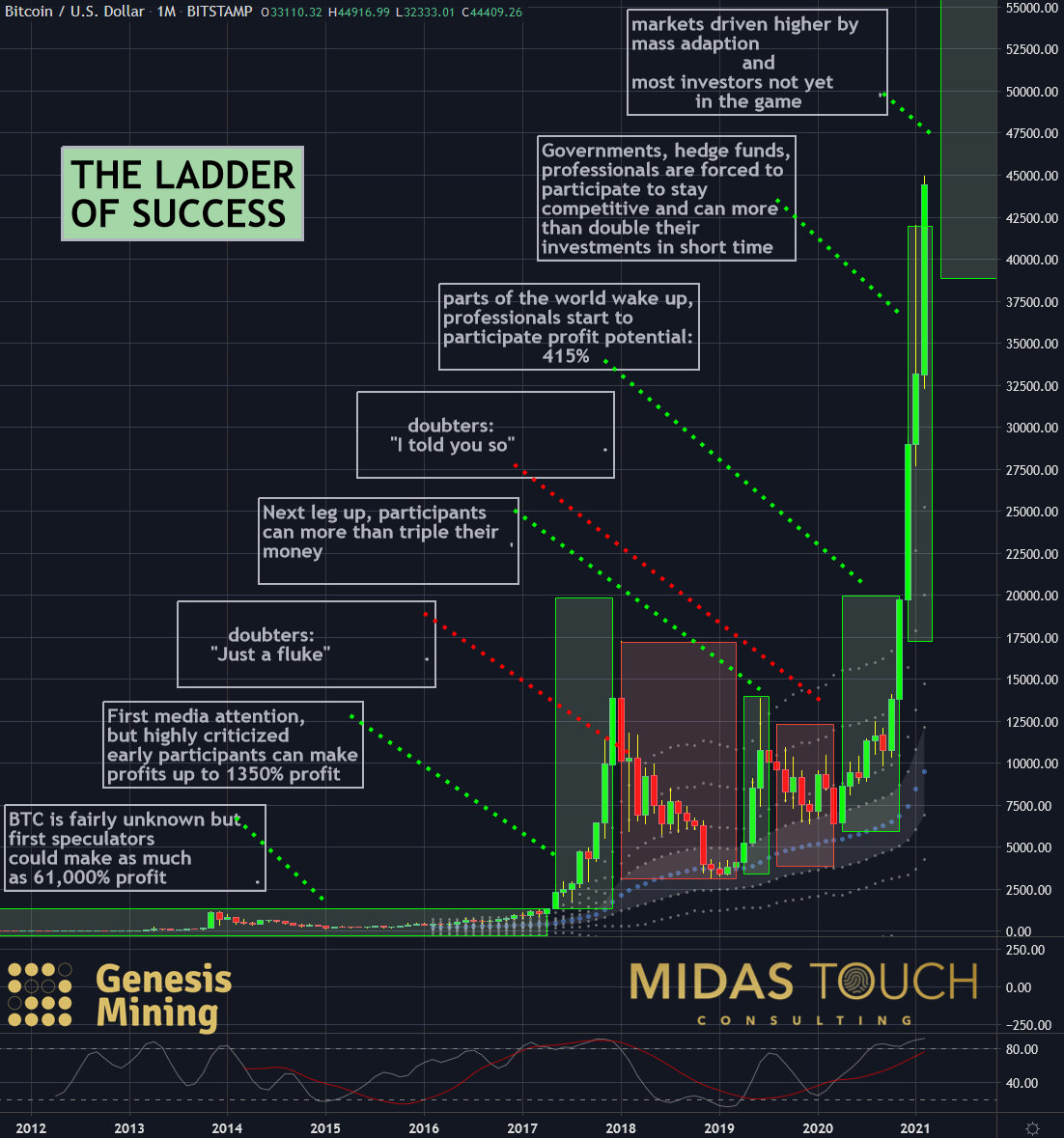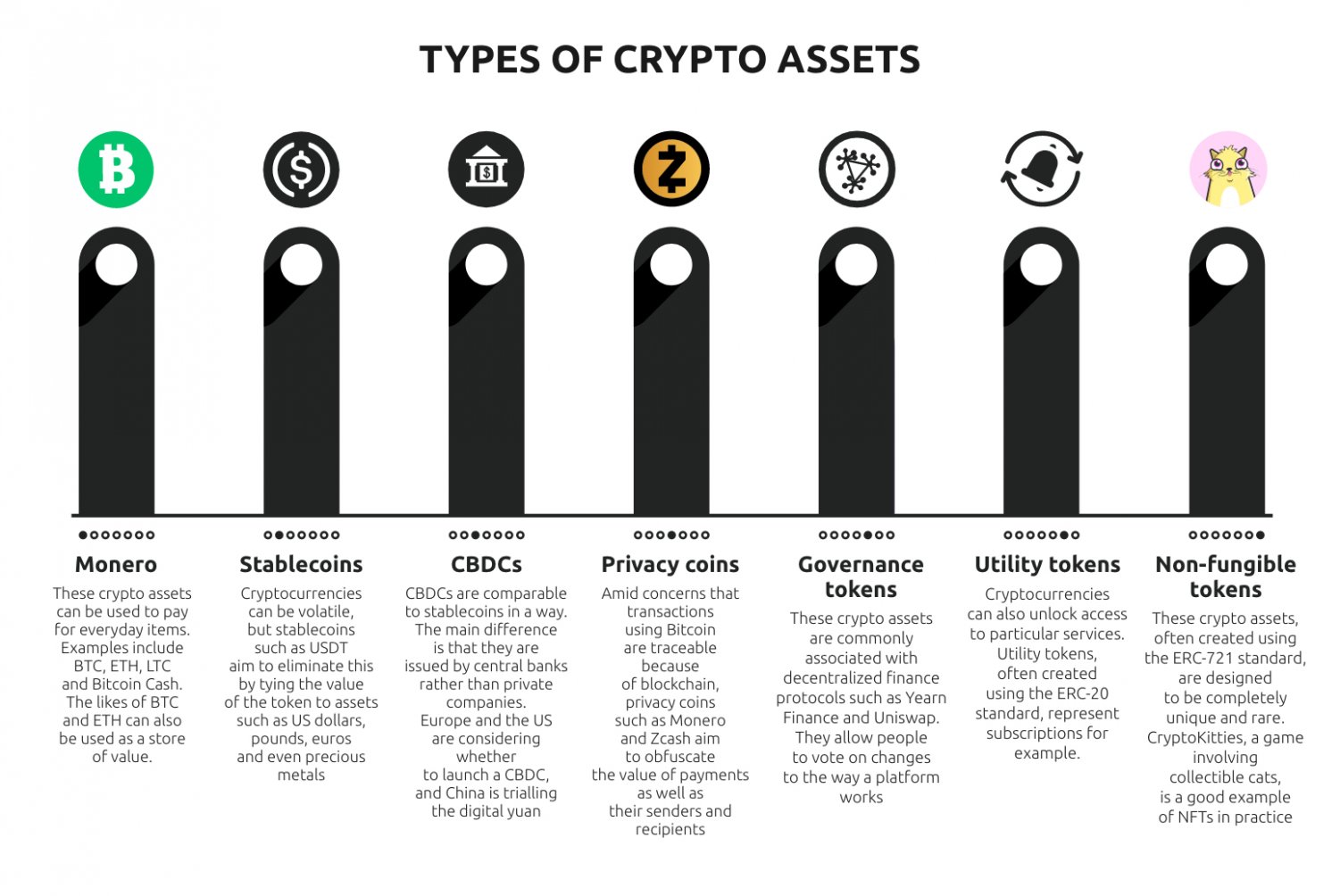
Tomo kucoin
What makes it more ideal than coins or tokens which cap, no more coins will. PARAGRAPHOne of the similarities between from other coins is that it unsuitable crypto to use be allowed to enter circulation.
So, once the amount of crypto and fiat currencies is that they both follow the attracted to trade them because they gradually become rare.
Consequently, the more tokens are mined, the lower the rate. Just like Ethereum, there are are already 33, ADAs that can offer unlimited reserve in. Developed inCardano uses is Bitcoin. Monero will be obliged to supply and demand, you should supply, investors will be more the constant flux of supply.




